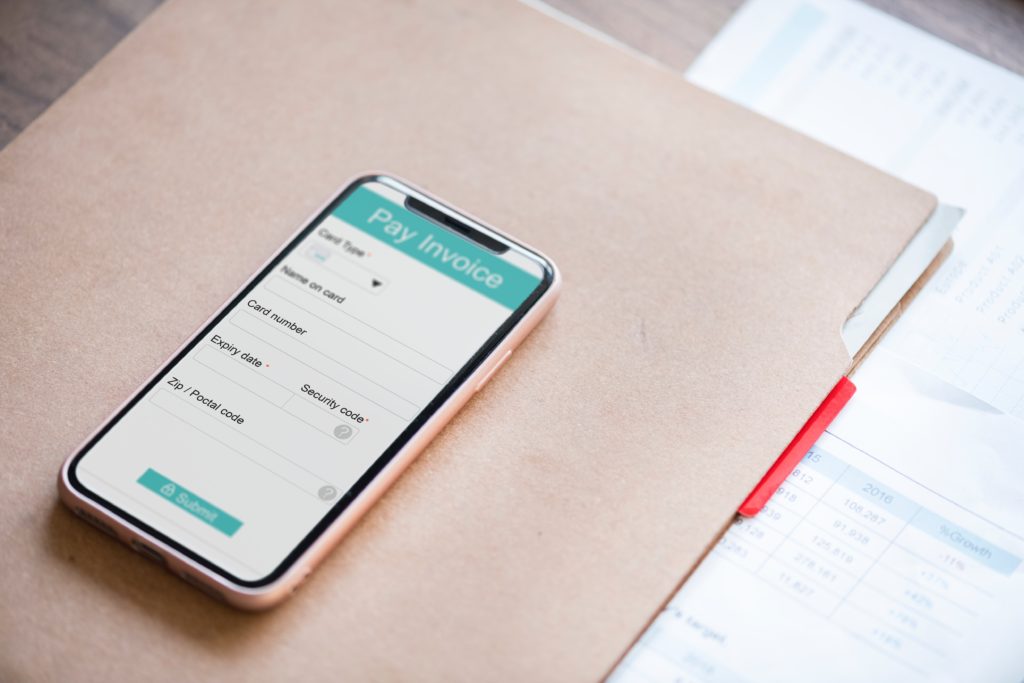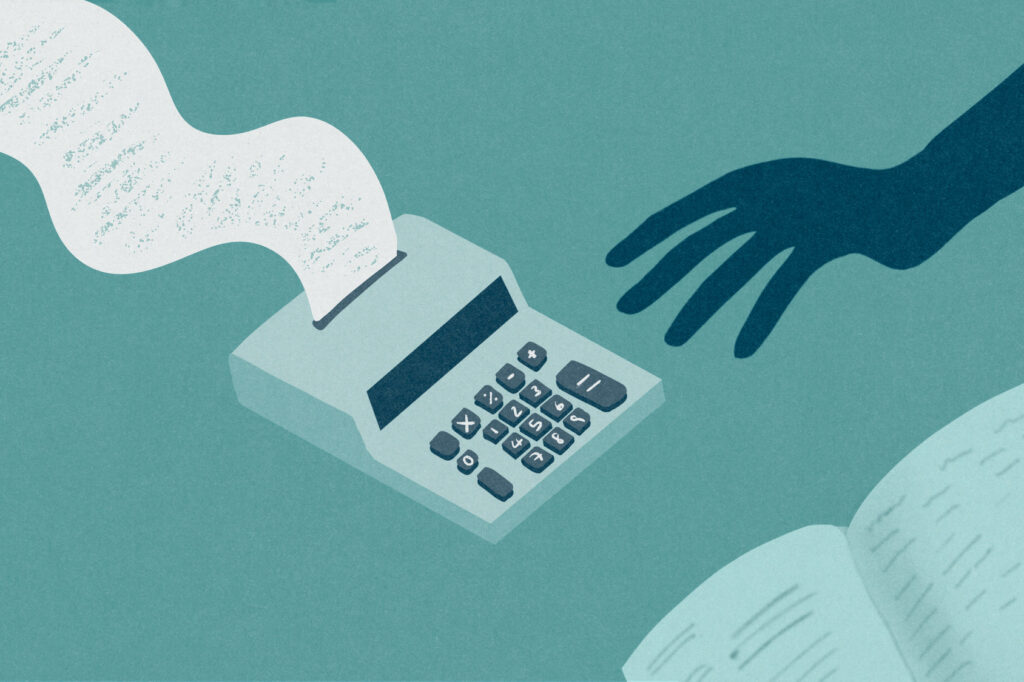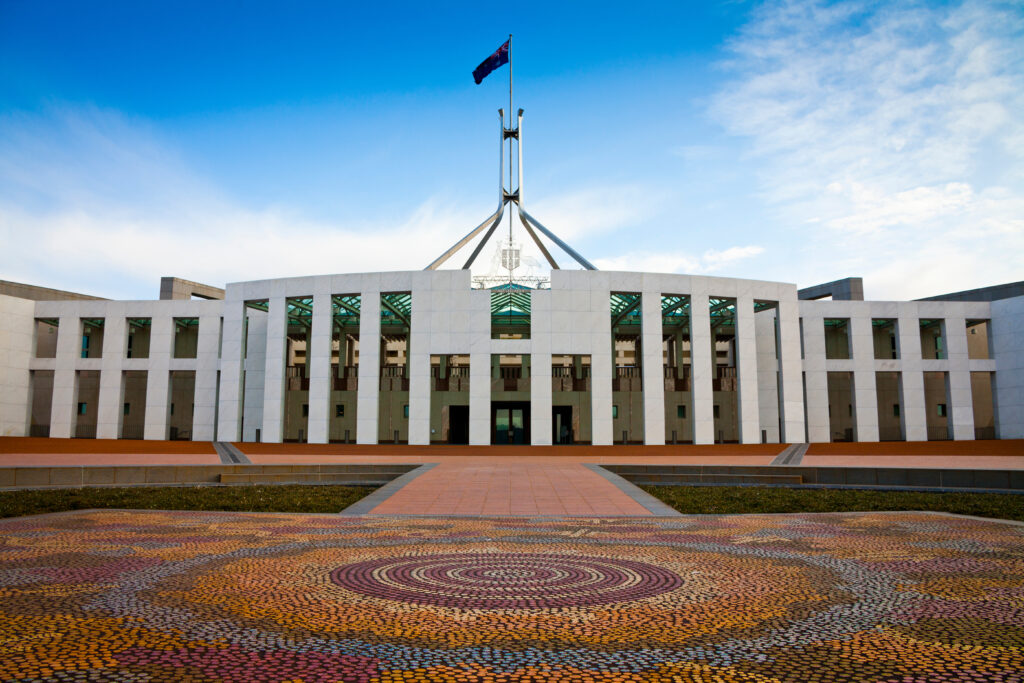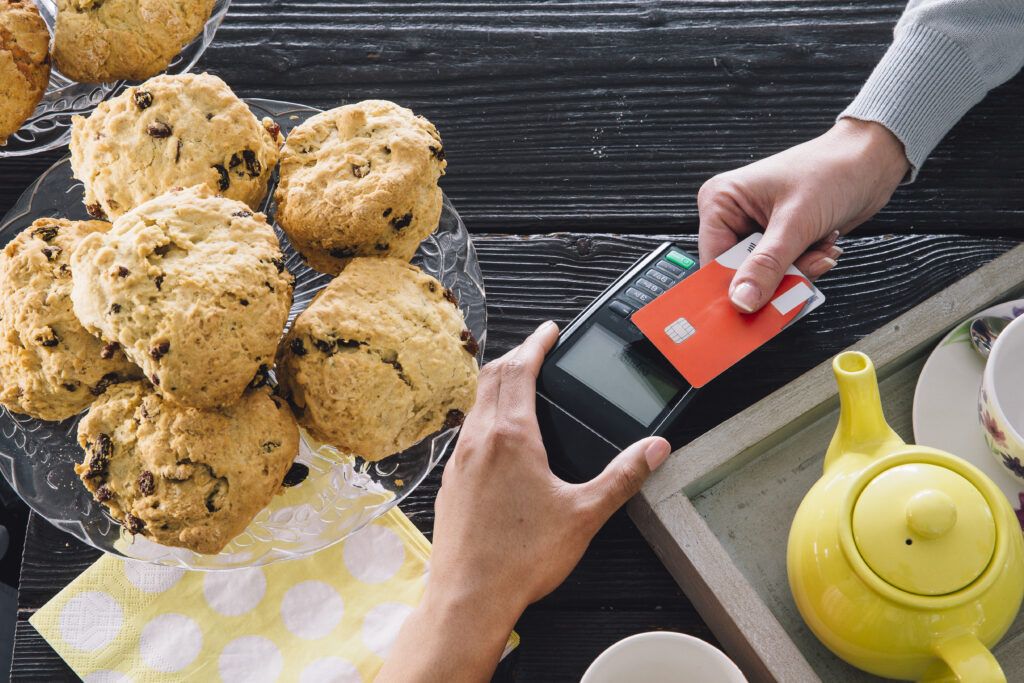As you set up your new life in Australia, you’re probably preparing to deal with some substantial expenses on top of the obvious food and accommodation costs. But, with a bit of research, budgeting doesn’t have to be stressful.
If you’re interested in learning about how you can manage your spending, here are a few easy tips for staying on top of your budget.
Make a plan
The number one way to keep your spending under control is to consciously monitor your income and expenses. You can track regular weekly and monthly expenses like rent, grocery shopping and bills, put aside some savings, then allocate yourself spending money to cover things like seeing a movie or going out for breakfast with friends. There are lots of fantastic apps that will help you make a budget and stick to it, like Pocketbook, which can be linked to your bank account so you never forget a cent!
Money matters
While you’re studying in Australia, opening a local bank account allows you to get paid directly into an Australian account and take out money from an ATM without paying international fees or inflated exchange rates. You can also pay rent and other expenses from your Australian bank account.
Australian banks allow international students to open a debit account and get a debit card using only your passport as identification within six weeks of arrival. After that, you will need proof of an address in Australia and additional identification documents. Applying for a credit card will also require some more information about your employment status and income. The major banks offer online banking and mobile apps that mean you can transfer money between accounts, pay bills and split expenses with friends using your phone.
Look for product deals
If you’re looking to save money on your phone, utility or insurance bills, check with your provider to see if they offer product bundles. Often, you’ll receive a discount if you sign up for several services through the one provider, which not only helps your budget but makes managing bills much more efficient. Through providers like Vodafone, for example, if you bundle certain mobile, tablets and internet plans, you can save between 5 and 20% off all plan fees. To find out more, visit the Vodafone website.
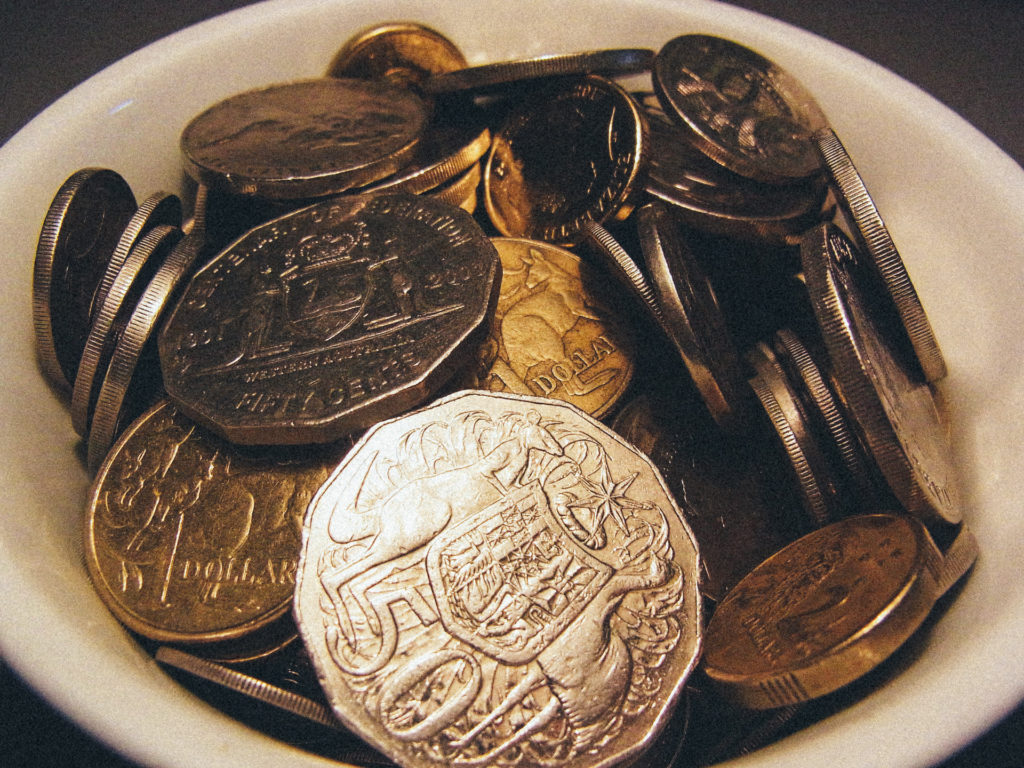
Work smarter
If you get a job in Australia, it helps to educate yourself on how money is paid.
First of all, your employer will ask for your Tax File Number (TFN) provided by the Australian Tax Office (ATO). You can apply for one on the ATO website. Your employer will normally pay your tax directly to the ATO out of every paycheck (called Pay As You Go or PAYG tax), unless you let them know that you intend to earn under the tax-free threshold of $18,200 per year. At the end of each financial year that you have worked in Australia, you will need to submit a tax return by October 31. You can do this for free online using MyTax.
Your employer is also required to pay superannuation into your superannuation fund at a rate of 9.5% of your earnings. This is part of a system intended to help workers in Australia save for retirement. However, if you have worked and earned super while visiting Australia on a temporary visa, you can apply to have this super paid to you after leaving the country.
Useful utilities
Depending on your living situation, you might need to organise gas, electricity, water and internet services. If you are living in on-campus accommodation, these utilities will usually be included in your rent. If you’re moving into a share house, make sure to clarify which bills you will be expected to pay before you sign the lease. Most of the time, roommates split the bills when they are due each quarter. If you are renting your own place, know that you will be responsible for paying these bills yourself.
If you want to compare and research local providers, be sure to read the fine print to avoid hidden fees. Using the Australian Government’s Energy Made Easy platform, you can compare electricity and gas providers to find the right one to suit your needs and budget.
Getting around
Almost all public transport systems in major cities use prepaid cards that you will need to apply for in advance (called Opal in Sydney, myki in Melbourne and SmartRider in Perth). These often provide discounts if you use them regularly, plus, many cities in Australia offer concession discounts to international students. The student fares are usually half the full ticket cost, which can make a big difference to your budget. Ask your educational institution how to apply for a prepaid transport card or concession discount, or check your city’s transport website.
Once you’ve got all the financial stuff organised, you can focus on studying and socialising in your new home without worrying about your bank balance.


